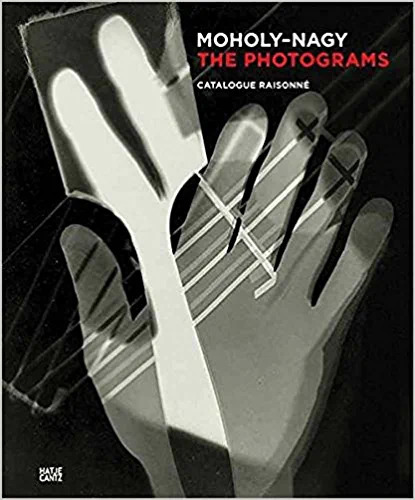László Moholy‑Nagy was one of the Bauhaus' most influential teachers; his photographic skills, as well as his writing on the subject, helped to secure the medium's integral place in modern art. One of Moholy‑Nagy's most notable contributions was his extensive exploration — from 1922 through 1943 — of the aesthetic possibilities of the photogram (he coined the term). These ghostly traces of objects placed on photographic paper during exposure are part of a prolific legacy that included painting, sculpture and stage design. Moholy‑Nagy's photograms have become emblematic of the medium, though they have yet to be fully critically explored. This well‑illustrated catalogue raisonné is the first to feature all of his known photograms in chronological order. This exhaustive volume examines the artistic, technical and biographical circumstances under which the works were created, places them in relation to other parts of Moholy‑Nagy's practice and analyzes selected pieces at length.
- / Article author
- / Article author
- / Editor
- / Editor
